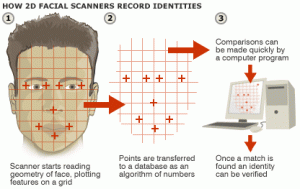Social media has turned into a multi-billion dollar industry and opportunities to build a career around it are becoming increasingly common.
If you’re looking to start a career in the competitive world of social media and digital marketing, setting up a blog is a great place to start.
A blog not only allows you to express your personality and offer your opinions, but also gives future employers an insight into your knowledge, skills and experience. Pick a subject that you are passionate about and blog regularly to attract readers and establish your credibility. Aim to be a unique voice in the ‘blogosphere’.
There are a variety of free online services available that can help you with the technology side of setting up a blog. Then it’s a case of attracting followers by creating interesting content, updating it regularly and promoting it through other social networks such as YouTube, Facebook and Twitter.
 Pursuing a career in social media however is not just about knowing how to send a tweet, post a blog or set up a Facebook page. At the end of the day all businesses are looking at the impact social media has on their customer relations, business strategy, marketing and product positioning.
Pursuing a career in social media however is not just about knowing how to send a tweet, post a blog or set up a Facebook page. At the end of the day all businesses are looking at the impact social media has on their customer relations, business strategy, marketing and product positioning.
Demonstrate that you are serious by enrolling in a diploma in digital marketing and social media such as the one offered by the University of Middlesex. The postgraduate course combines theory and marketing practices to teach students how social media is contributing to entrepreneurship and innovation in modern businesses. Students attend guest lectures by professionals from some of the major organisations in web and social media including Google, Twitter and Groupon.
To have a competitive edge in social media, keep up to date with the latest developments. Understand the importance of monitoring, evaluation and analytics. You need to be familiar with the main social media sites but also the less popular ones as well which may have the advantage of providing a more targeted audience for the services or products you are promoting. You need to be able to spot trends and differentiate between up and coming sites and ones that won’t last the distance.
More than likely when you enter a career in social media you will be expected to be a good all-rounder and take responsibility for all areas of digital marketing. Job roles include social media officer, digital marketing manager or even director of social media. However larger organisations may allow you to specialise, so you could find yourself with a job title such as blog editor, analytics manager, designer, social media developer or content manager.
